emmadilemma wants to read Afterland by Lauren Beukes
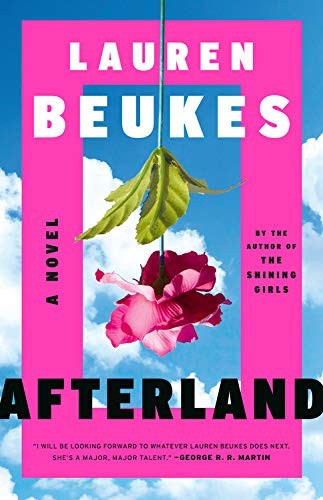
Afterland by Lauren Beukes
Most of the men are dead. Three years after the pandemic known as The Manfall, governments still hold and life …
paranoia, ya, l'environnement, sapphic romance, possibly not in that order. can't speak french™ but pretend to flip through the odd french book
masto: eldritch.cafe/@tati
This link opens in a pop-up window

Most of the men are dead. Three years after the pandemic known as The Manfall, governments still hold and life …
I don't fish. And I don't cook fish that came off a hook. But this guy tells where to fish, what fish you'll find, recipes for cooking fish, and provides bonus tips under an "Eat them up, yum" section at the end of each chapter. This appeals to my inner Baby Doc Demento; I had to get it.
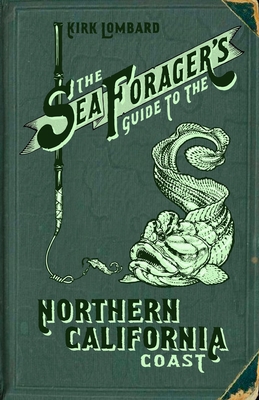
In The Sea Forager's Guide to the Northern California Coast, Kirk Lombard combines a startling depth of knowledge with wry …
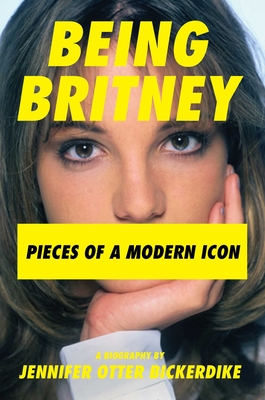
Part biography, part social history, Being Britney pieces together a collage of stories, interviews, legends, and fan experiences to construct …
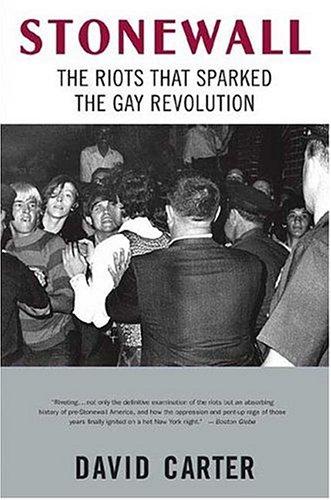
In 1969, a series of riots over police action against The Stonewall Inn, a gay bar in New York City's …
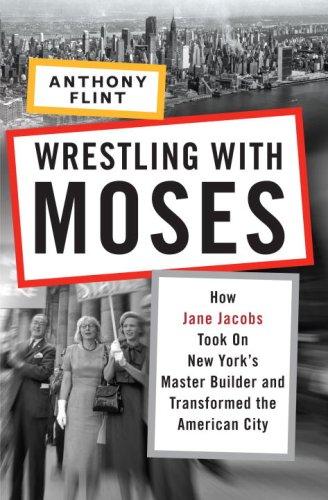
To a young Jane Jacobs, Greenwich Village, with its winding cobblestone streets and diverse makeup, was everything a city neighborhood …
Loved this and not just because of all the kind words about libraries. As a contemporary of the author, this sounded a lot like my own experience with growing up online. McNeil does a fantastic job detailing the changes in agency & motivation of online “communities” and doesn’t hold back on her criticism of misdirected tech criticism, which I feel like warrants a book all its own (all of the “no one cares about your breakfast” potshots re: Twitter type stuff) - especially how the thinkpieces mistakenly targeted users vs Silly Valley giants for so long. Anyway, this readily makes my shortlist for my critical tech book club/bibliography.
A lot happens in "Lurking," but true to its title, the book mostly shines a light on what foul things other people are doing - and how one's odds of getting away with it depend on how much the man in the mirror looks like Zuck.
Ms. McNeil considers how social media have changed our behavior, first as offline interaction became normalized, and then as it has become weaponized.
Personal behavior is the focus here, so Google is mentioned only offhandedly. A leisurely defunct platform called Friendster opens the book, followed by crash courses in trolling on Twitter and 4chan and reverse-engineering what Facebook thinks you want.
Conversely, we hear about Wikipedia and successful efforts by the underrepresented to own and share their true stories.
But ultimately Ms. McNeil can't hold back: "...I have tried to maintain a consistent tone of criticism that is not openly combative... but I have …
A lot happens in "Lurking," but true to its title, the book mostly shines a light on what foul things other people are doing - and how one's odds of getting away with it depend on how much the man in the mirror looks like Zuck.
Ms. McNeil considers how social media have changed our behavior, first as offline interaction became normalized, and then as it has become weaponized.
Personal behavior is the focus here, so Google is mentioned only offhandedly. A leisurely defunct platform called Friendster opens the book, followed by crash courses in trolling on Twitter and 4chan and reverse-engineering what Facebook thinks you want.
Conversely, we hear about Wikipedia and successful efforts by the underrepresented to own and share their true stories.
But ultimately Ms. McNeil can't hold back: "...I have tried to maintain a consistent tone of criticism that is not openly combative... but I have found it next to impossible to maintain this distance when it comes to the topic of Facebook. I hate it. The company is one of the biggest mistakes in modern history, a digital cesspool that, while calamitous when it fails, is at its most dangerous when it works as intended."
I won't slice that as a quote post because it sounds shrill out of context. In context, it makes absolute sense.
I got this because I was trying to source the hilarious ad lib, "all right, just stop the fucking spitting, I don't like being spat at." The book was OK, interesting but not memorable. But at least I know the quote is real.
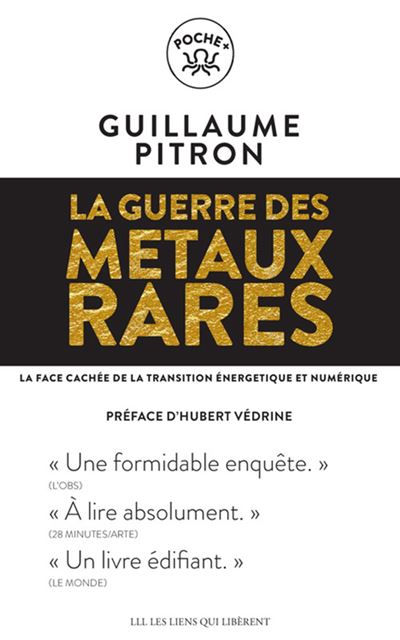
Transition énergétique, révolution numérique... Politiques, médias ou industriels nous promettent un monde enfin affranchi du pétrole, des pollutions, des pénuries …
The author pals around with the LAPD in Chapter 2, getting a ride in a helicopter and debunking bits of City of Quartz (which might actually merit debunking, as I think about it). But the fact I didn't remember the LAPD being involved tells me I originally read this in a very different personal time.
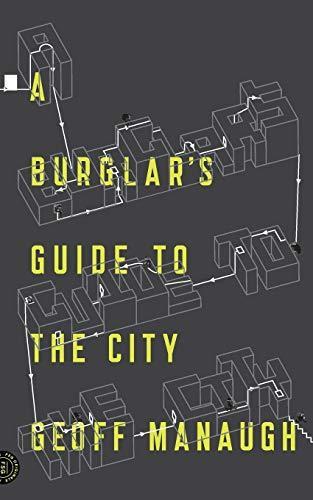
Encompassing nearly 2,000 years of heists and tunnel jobs, break-ins and escapes, A Burglar's Guide to the City offers an …